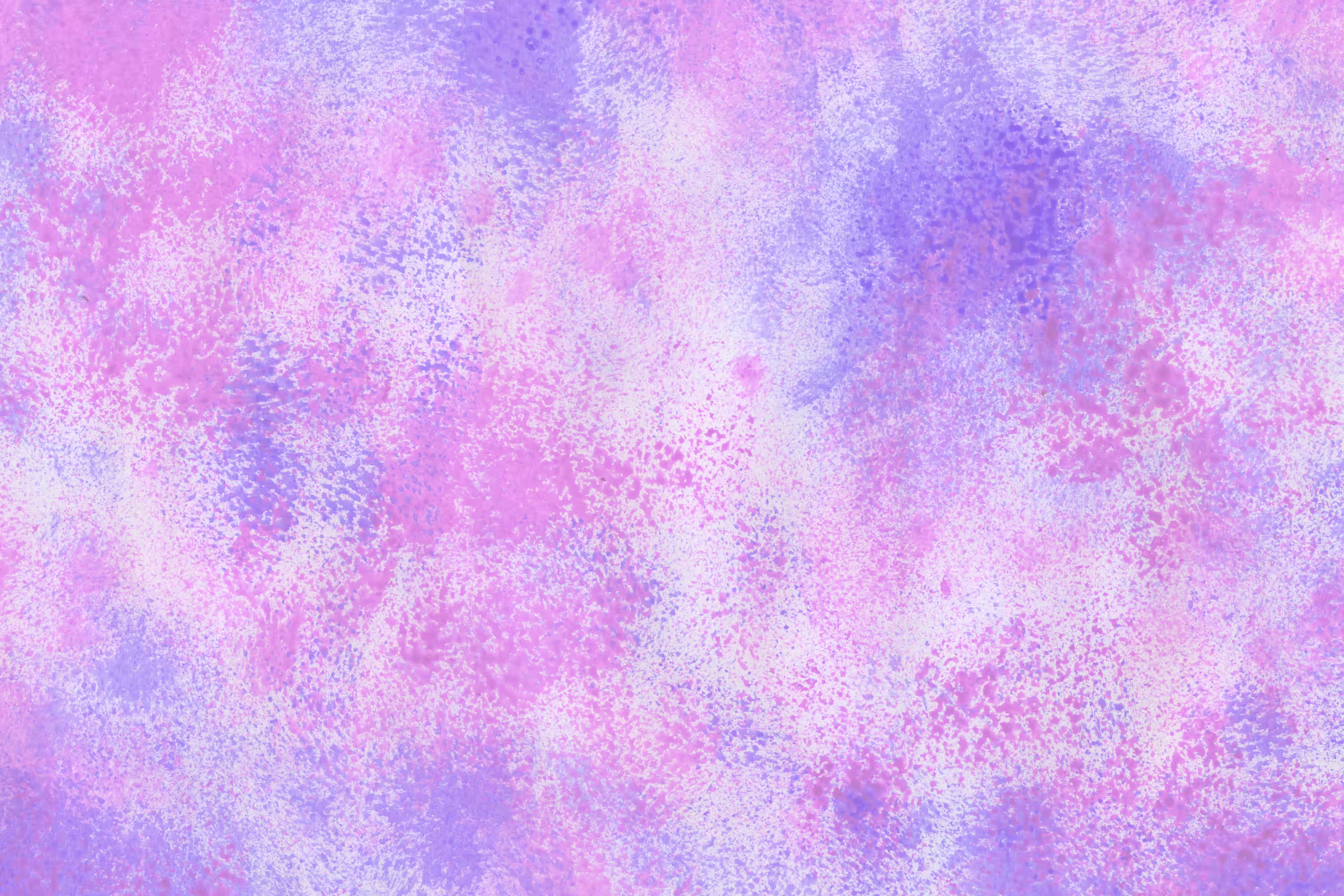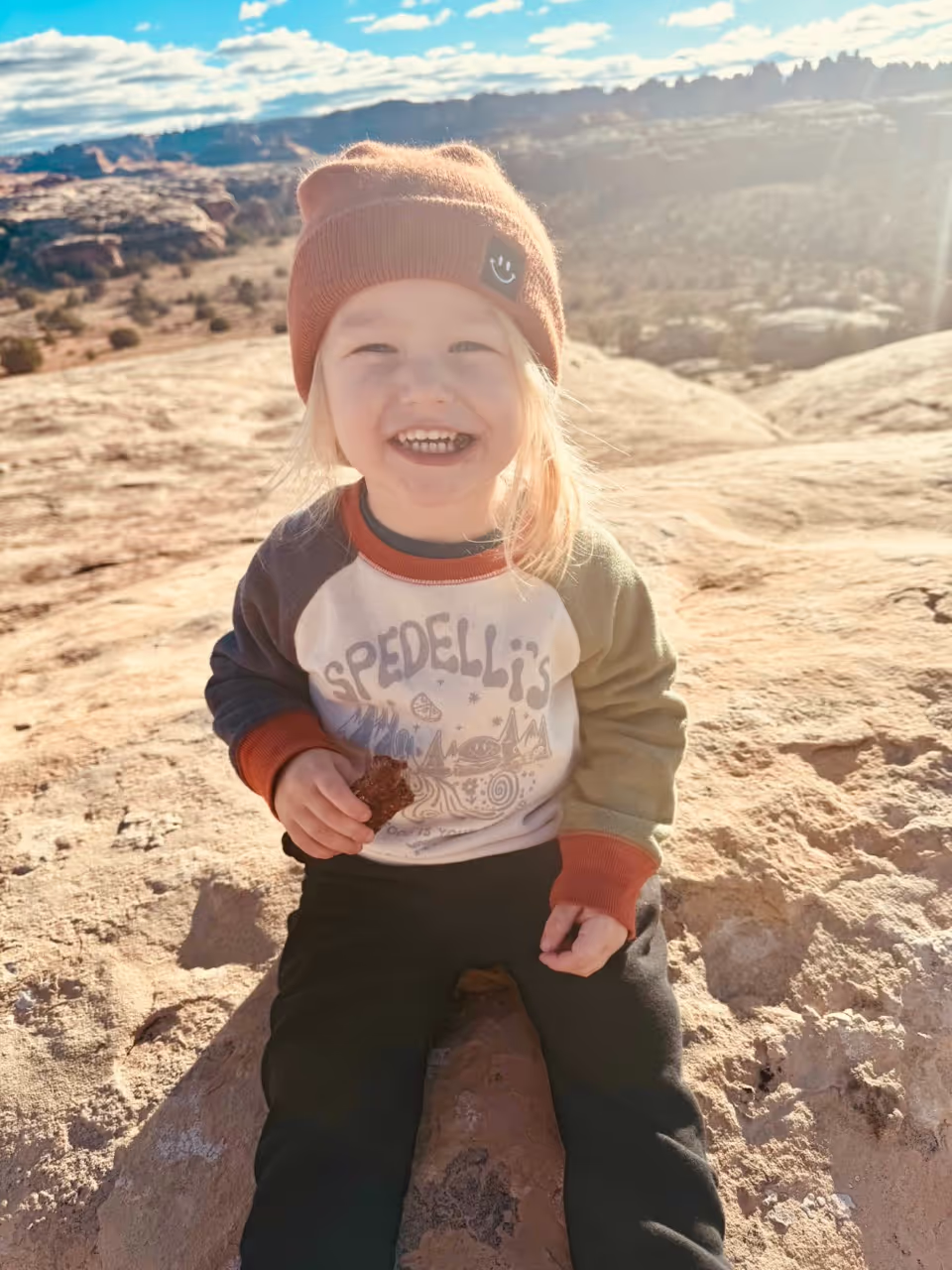Hope
for Kiri
Help Us Save Kiri’s Life – Just One Swab Could Be the Miracle He Needs 💙
Help Us Save Kiri’s Life – Just One Swab Could Be the Miracle He Needs 💙
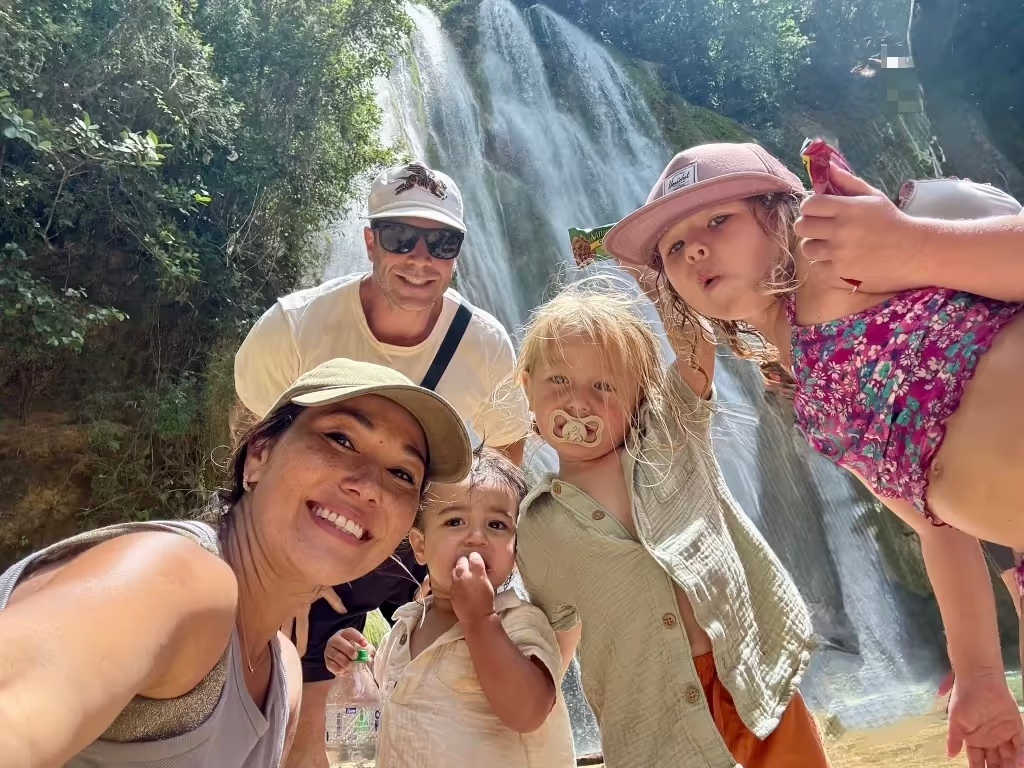
We are running out of time to save our sweet, joyful Kiri.
Kiri is just 3½ years old. He has been diagnosed with Cerebral ALD, a devastating and aggressive brain disease—some of you may remember it from the movie Lorenzo’s Oil. Without a donor match transplant, this disease is fatal.
Cerebral ALD, a rare, aggressive brain disease that attacks healthy children without mercy. It begins by silently destroying the brain—stealing speech, movement, and vision—until the body shuts down completely.
Without your help in finding a donor match, Kiri could start losing critical functions within months, and his life expectancy without a match is just 2 to 4 years. We hope you will help us find a match soon.
According to his doctor, as discussed on July 28th, 2025, the deadline to begin treatment is September 8th, 2025. This only gives us a couple weeks to find a match. We are up against a deadline and action and diligence is extremely important.
KIRI NEEDS A DONOR MATCH... IMMEDIATELY.
With deepest gratitude and urgency,
Jazmynn Pok & Anthony Duke-Rosati,
and Kiri’s siblings, Nora & Rocco
While ALD currently has no cure, a blood or marrow transplant (BMT) halts the progression of the disease and can prevent further damage to the brain, spinal cord and nervous system. BMT replaces unhealthy blood-forming cells with healthy ones, allowing the body to protect against additional complications. Although the transplant cannot reverse existing damage, it plays a vital role in preventing further progression.
Your cheek swab is processed, added to the global database, and if you are a match for Kiri, his team will be notified immediately!
Under general anesthesia, marrow is collected from the back of your pelvic bone using a needle.
Born a healthy, beautiful baby boy on March 23, 2022, Kiri underwent the normal list of medical procedures typical of all newborns. However, the heel prick test revealed a devastating result. The test showed Kiri has an ABCD1 gene mutation which had a high probability of being adrenoleukodystrophy (ALD).
At this time, Utah had just added ALD/ABCD1 testing to the newborn screening beginning in 2020. While we felt very fortunate of this mutation discovery through newborn screening, we nevertheless did not expect it to develop into the severe situation we are facing today.
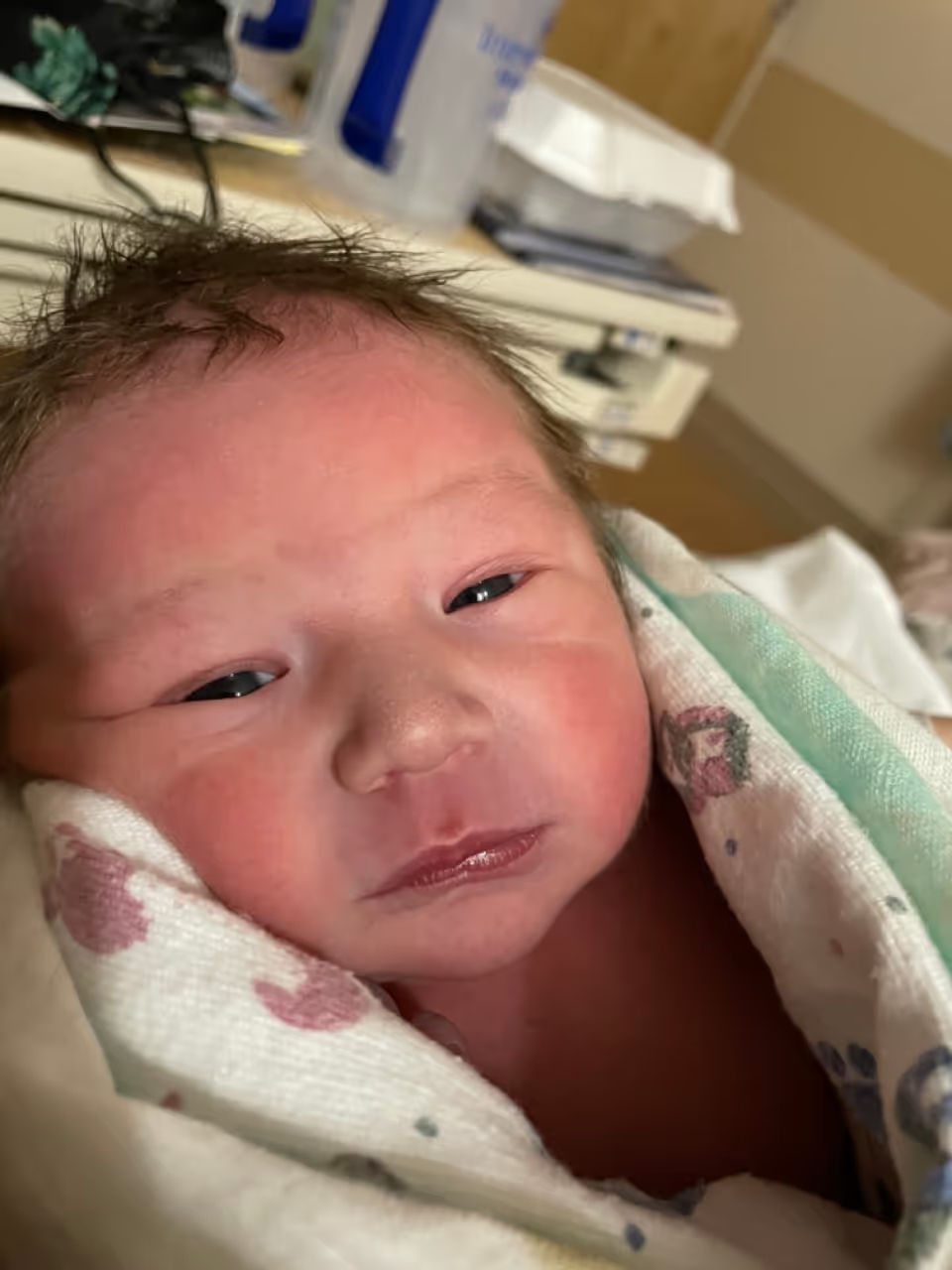
Looking at Kiri today, you would never know, and he clearly does not know, what is ahead for him. With your help, we can make this challenging process the best that we can for little Kiri-Man.
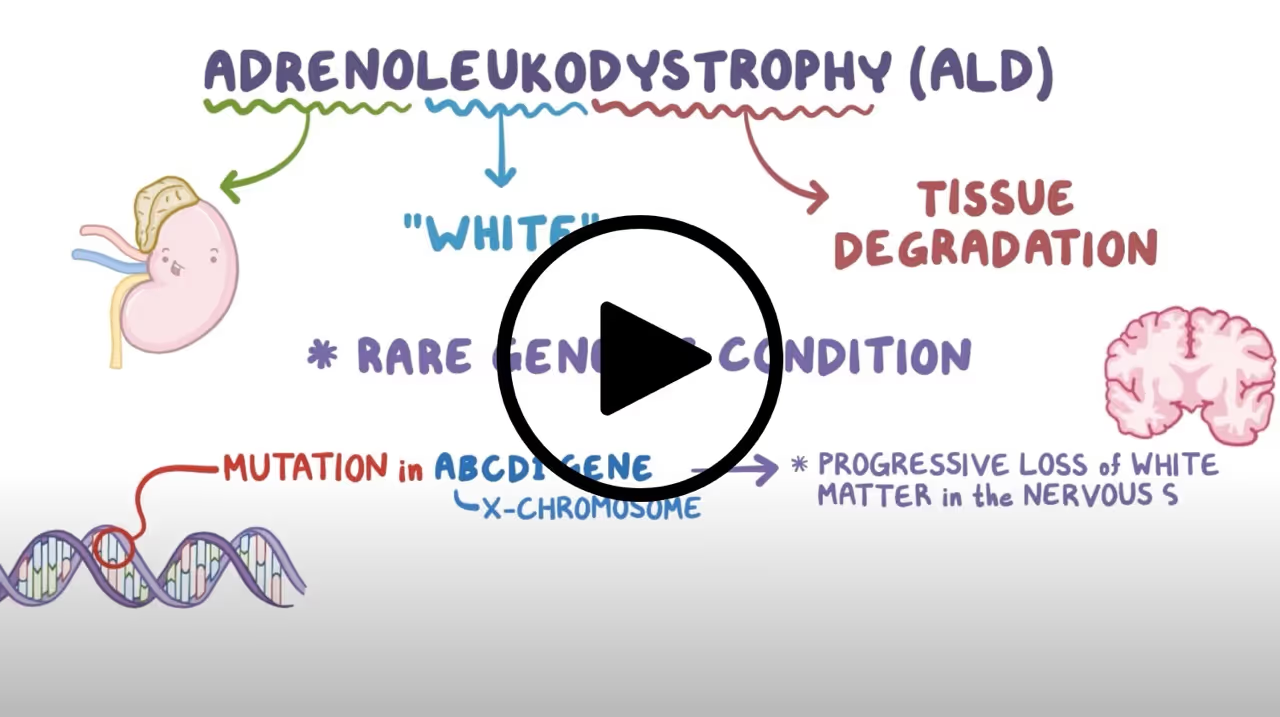
ALD can manifest in zero, one, two or three ways, with the most severe being cerebral ALD (CALD). CALD affects the brain, typically during childhood. It occurs in about 1 in 21,000 boys between ages 4 and 10, affecting about 35 to 40 percent of boys with the ABCD1 mutation.
On July 23, 2025, Kiri’s routine bi-annual MRI showed evidence of early CALD and we are now mobilizing to treat him through bone marrow transplant in the fall of 2025.
Treatment begins with chemotherapy (and sometimes radiation) to remove unhealthy cells in the bone marrow. This step creates space for the donor cells to engraft and function properly.
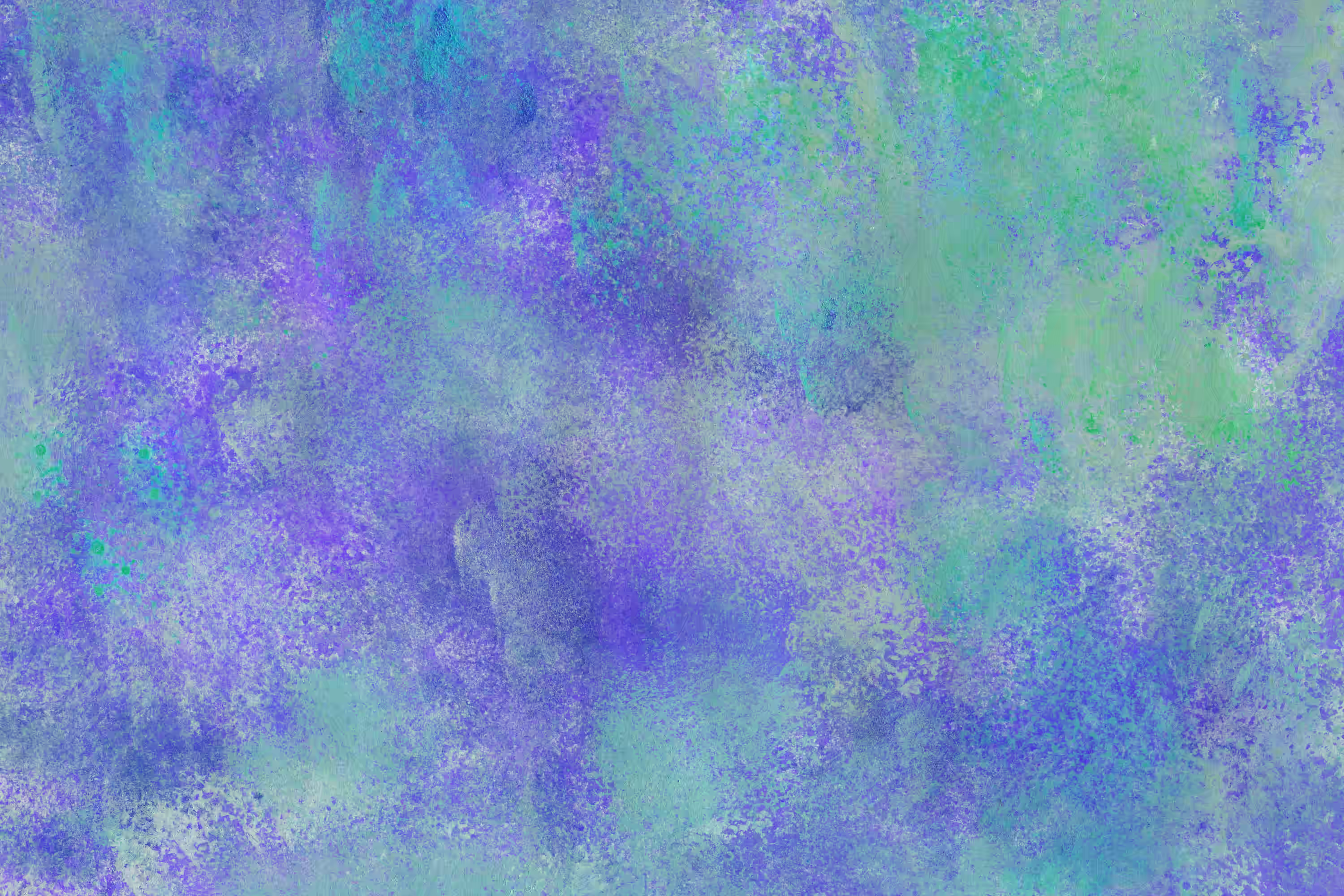
Healthy donor cells are infused into the patient’s bloodstream which then migrate to the bones, where they begin producing healthy blood-forming cells.
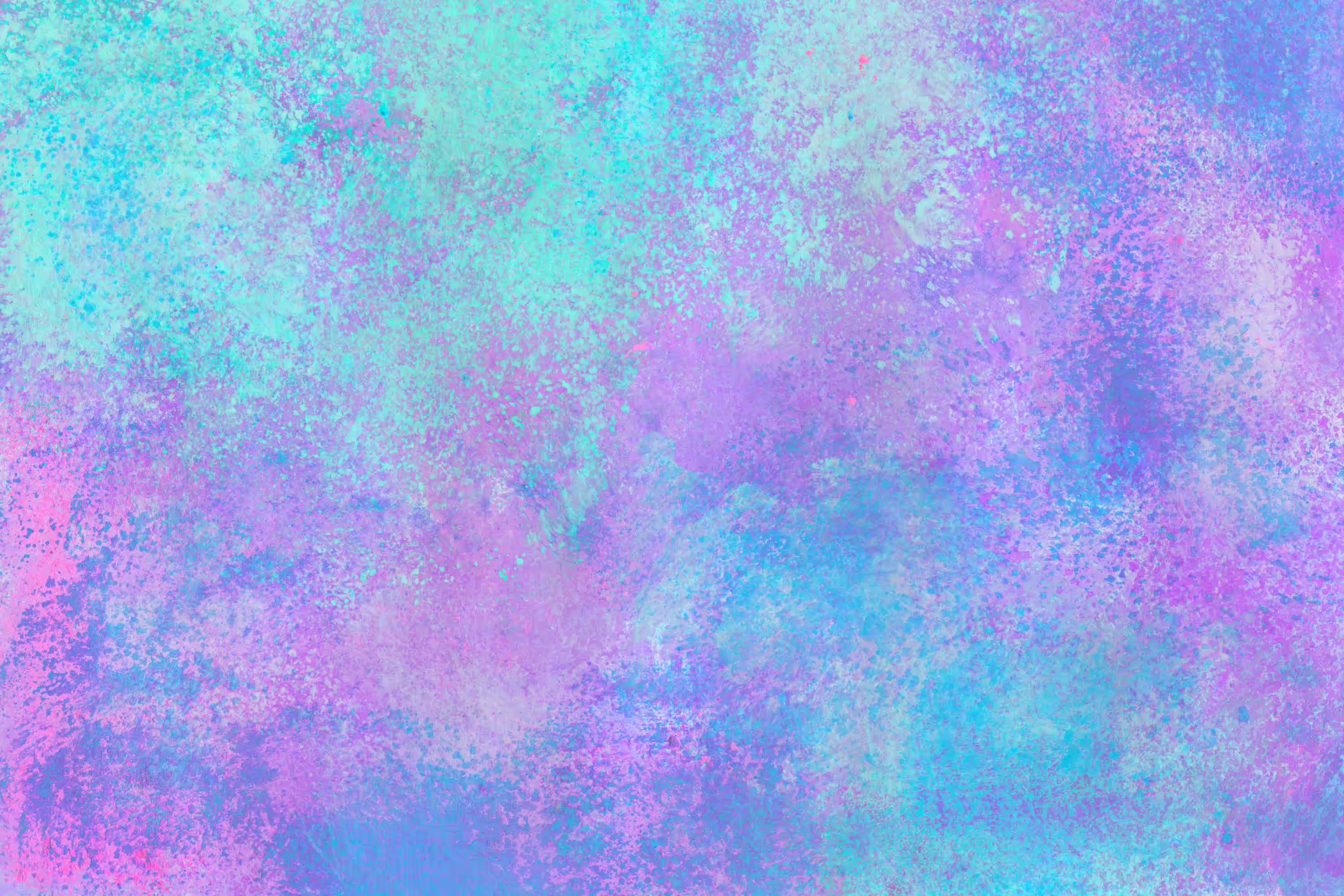
Recovery can take several months and requires close monitoring to manage potential complications.
